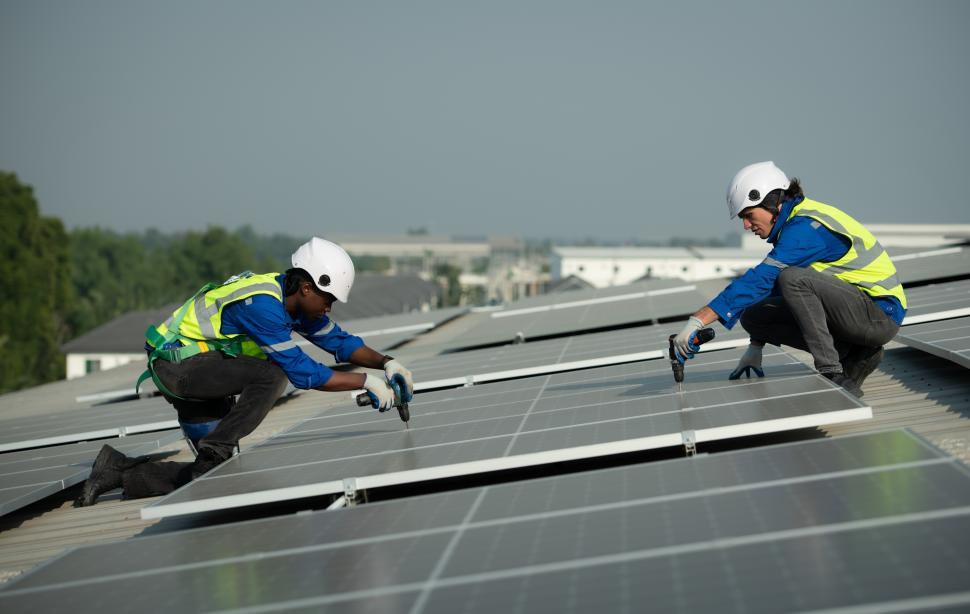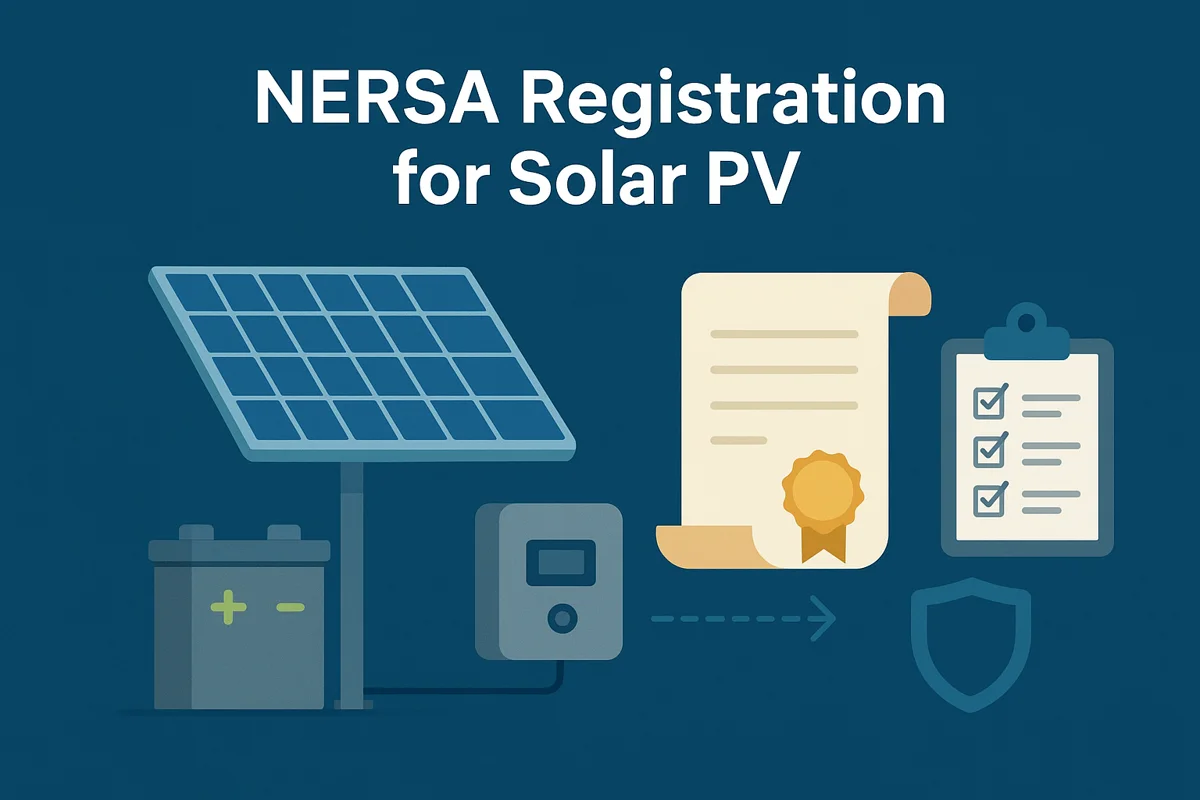
Understanding NERSA Registration for Solar PV
Step-by-step guide on registering your solar PV system with NERSA and why it matters for legal compliance and incentives.

Step-by-step guide on registering your solar PV system with NERSA and why it matters for legal compliance and incentives.
